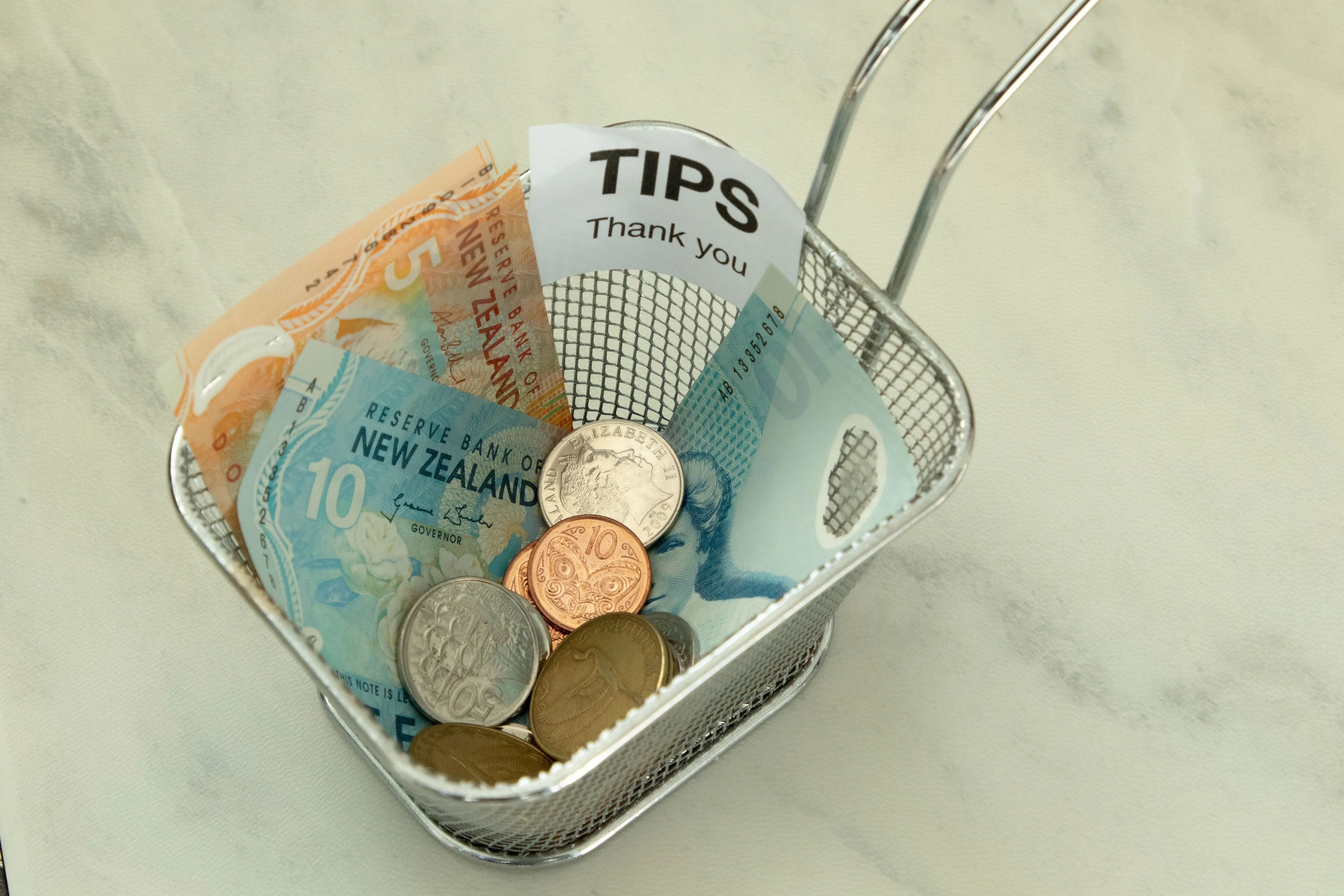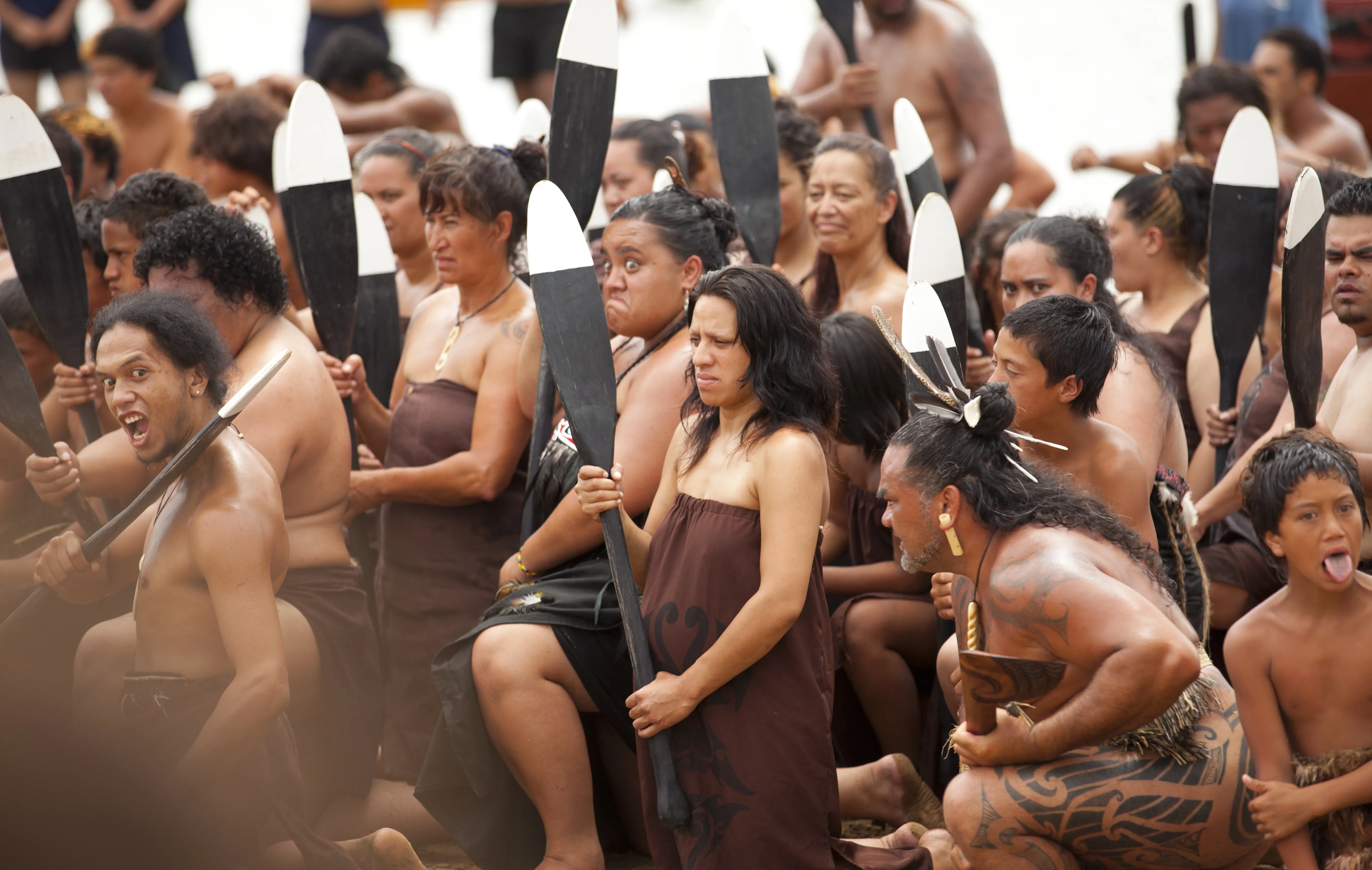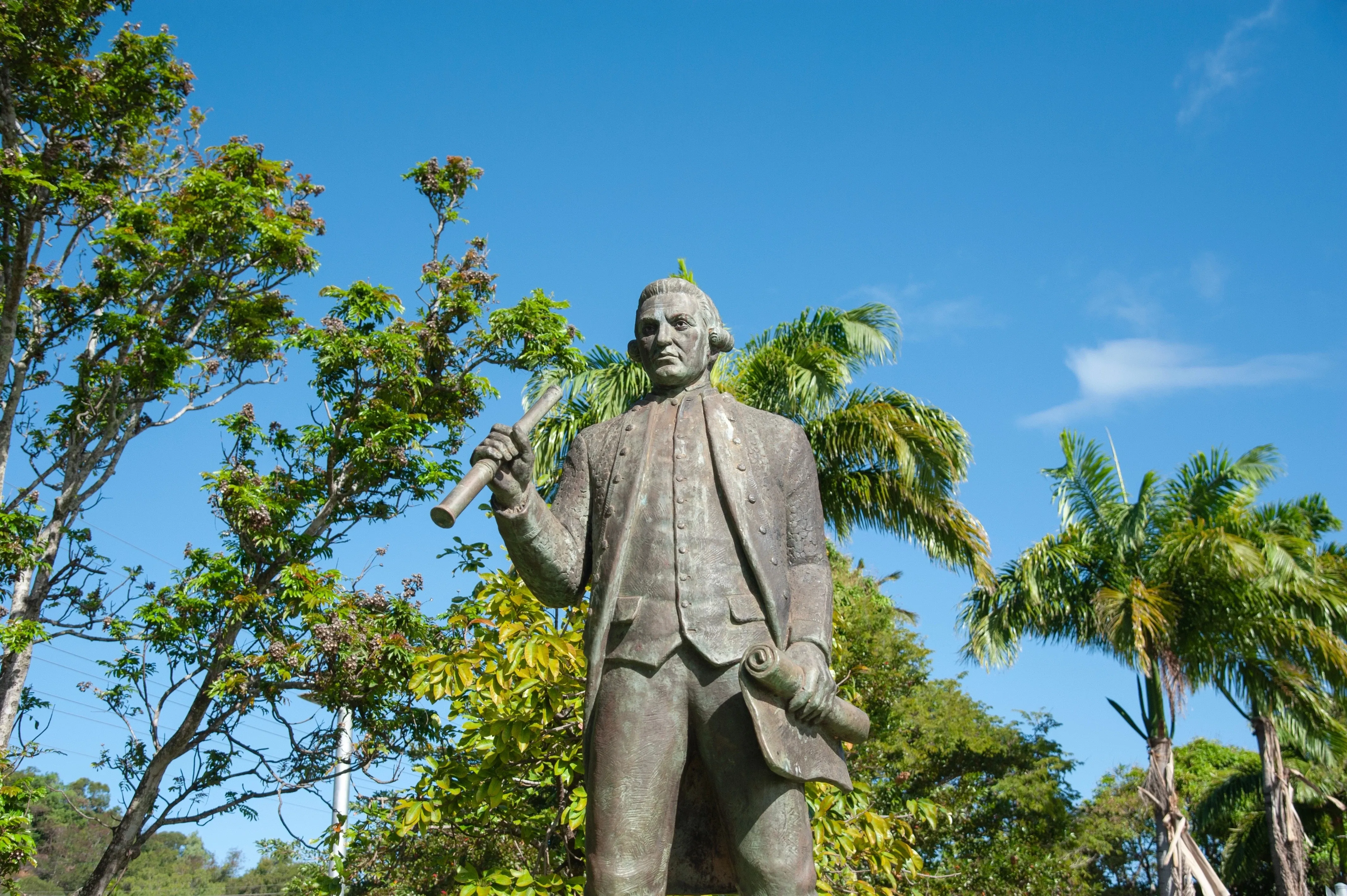New Zealand etiquette for tourists
A country with a short but rich history and phenomenal scenery, New Zealand is a wonderful place to explore, no matter what your travel goals are.
New Zealand etiquette is based on an open, respectful and laid-back culture. Get ready for the most important tips to avoid putting your foot in your mouth in New Zealand.
Greeting someone in New Zealand
Common greetings in New Zealand include 'Gidday' (good day/hi) and 'Kia ora' (hi in Maori). In business settings, a hand-shake is standard for both men and women. In Maori culture, it is common to greet people with a hongi instead of shaking hands. To hongi, you briefly press your nose and forehead to the nose and forehead of the person you are greeting. The hongi is used in everyday life, regardless of gender, age or formality of the setting.
»New Zealanders are friendly and welcoming people who take pride in their country's natural beauty and cultural heritage«
Language Dos and Don'ts
English is the main day-to-day language spoken in New Zealand, though the country has three official languages - English, Maori and New Zealand Sign Language. The languages are all used throughout the country in daily life and media. If you are visiting a Maori community, it would be good etiquette to learn a few phrases before you go.
On the whole, New Zealand English is the same as British English, though there are some words and phrases unique to the country's lingo. New Zealanders are known as 'kiwis' - the term is commonly used and isn't considered offensive. Kiwi slang includes, for example, 'tramping' (hiking), 'togs' (swimwear), 'jandals' (flip flops), 'stubbie' (bottle of beer), and 'wop wops' (middle of nowhere). If you aren't sure what the meaning is of something somebody is saying, it is fine to ask - especially if you are visiting as a tourist.
Dos and Don'ts when eating out
Dining etiquette in New Zealand will depend on the setting. In most cases, it is polite to wait to be told where to sit and meals will be served 'family-style'. Use a knife in your right hand and a fork in the left and keep your elbows off the table while eating. When you have finished your meal,place your knife and fork parallel together on your plate. If you have been invited to eat at somebody's house, it is good etiquette to ask if there is anything you can bring - you might be asked to 'bring a plate', which means a dish of food for all diners to share. Even if you are told not to bring anything, it is polite to bring a small gift like a box of chocolates or bottle of wine.
If you are visiting a Marae (a Maori meeting ground) or are invited to eat with Maori people, there are a few important etiquette rules to remember. Often, the food with be given a blessing at the start of the meal by an elder - don't start eating until the blessing is finished. Be careful not to sit on pillows or anywhere food might be prepared. It is polite to thank the hosts towards the end of a meal and the Maori hosts might ask you to sing a song from your home country, so be prepared!

Tipping etiquette in New Zealand
Tipping is fairly straightforward in this laid-back country: generally speaking, New Zealand etiquette is to only tip if you receive exceptional service. Tipping is not expected, and tips are usually only given at restaurants. It's important to note that service charges are typically included in the bill, so be sure to check before adding an extra tip. In addition to restaurants, tipping may also be appropriate in certain service-oriented situations, such as guided tours or accommodations where you've experienced exceptional hospitality.
However, it's always a good idea to gauge the local customs and follow the lead of the locals when it comes to tipping in specific situations - especially if you are a tourist. Overall, New Zealanders value genuine and friendly interactions, so expressing gratitude verbally is often appreciated just as much as, if not more than, leaving a tip.

More Do's and Don'ts in New Zealand
Dress standards in New Zealand tend to be very informal - don't be surprised if you see people walking around without shoes on. Many households don't wear shoes inside, so it is polite to ask whether your host would like you to take your shoes off before entering their home. Smoking is banned in public buildings, on public transport and in some outdoor public areas.
When shopping, bartering is considered bad etiquette. Lastly, remember that New Zealand has its own rich history that is very different to Australia's - the two countries might be nearby, but it is good etiquette not to group them together as one place in conversation.
Quick facts about New Zealand
- Official language: English, Maori and New Zealand Sign Language
- Form of government: Constitutional monarchy with parliamentary government
- Population: 5.12 million
- Capital city: Wellington
- Currency: New Zealand Dollar
- Time zone: New Zealand Standard Time (NZST)
- Summer months: December to February
- Winter months: June to August
- Climatic warmest Temperatures: 30C
- Climatically coldest temperatures: 10C
- Telephone area code: +64
- Standard voltage of electricity: 230 V
Reminder: Brush up on your history
Although the human history might be shorter than that of any other country, a lot has happened since the first settlers arrived in New Zealand. The Maori people reached New Zealand (which they called Aotearoa) in the 1300s, long before Captain James Cook arrived from England in 1769 and Europeans began to settle in the early 1800s. There was conflict between the two groups, but also trade, and in 1840, the Treaty of Waitangi was signed, stating that Maori had equality with British people but that the British had government rights. The treaty translated poorly into the Maori language, where it read that the Maori had chieftainship with local rights of government. The Maori lost a lot of land as a result of the treaty miscommunication and several battles broke out as Europeans moved into Maori territories.
The Maori population had significantly declined by the early 20th century and the Maori were highly influenced by European culture; keeping the Maori culture alive became a priority in the early 1900s. Protests for Maori rights began in the 1970s and continue to this day. They have had many positive outcomes for Maori people - for example, a Maori language education system has become established in schools, more Maori people are represented in media, politics and business, and some management of Maori-owned property has been rearranged.
Maori language use is still declining but the Maori population is growing and becoming more widely acknowledged as an important element of New Zealand's identity. When visiting, it is therefore important in New Zealand etiquette to be respectful of the Maori culture.
New Zealand's etiquette summarised in a nutshell
Before visiting New Zealand, learn a little about its history and get to grips with a few Maori greetings and phrases. Be respectful of the Maori culture when you visit and, if your trip allows, take the time to learn more about Maori history and traditions. When it comes to dining, New Zealand etiquette is similar to that in European countries; just be aware that there are some extra rules to follow if you are dining in a Maori setting. New Zealand is a welcoming country and if you are unsure about something, just go ahead and ask a local - they are happy to help visitors and tourists.
Source references:
New Zealand Pocket Guide
Discover New Zealand
CommisCEO Global
Sign up for the newsletter
By clicking on “Subscribe now” I will subscribe to the Conscious Explorer newsletter with all the information about mindful travel. Information on the success measurement included in the consent, the use of the shipping service provider MailChimp, logging of the registration and your rights of revocation can be found in our privacy policy.







